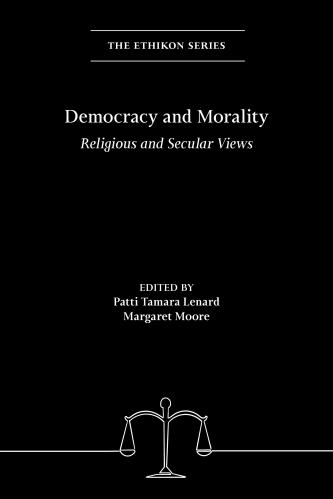With “middle class economics”
as his latest agenda,
President Obama has
pivoted the national domestic policy
agenda away from six years of
debate about stimulus and then
deficit reduction to ensuring that the
fruits of economic growth are broadly
shared. Even a number of apparent
Republican Presidential hopefuls –
Jeb Bush, Marco Rubio and Rand
Paul – and others, in recent speeches
or writings, have agreed with this
objective, implicitly if not explicitly.
The big debate going forward will
be over means and not ends. The
President would redistribute incomes
through changes in the income tax
code, while upgrading the skills of
both young people and older workers
seeking career improvement by
making two years of community
college free. Republicans have not yet
settled on a single counter-approach
– how could they be expected to,
there are many of them in Congress
and they don’t control the Executive
branch – but they clearly will oppose
redistribution. Instead, Republicans
are inclined to favor an “opportunity”
agenda that is likely to contain
multiple ideas: more school choice,
consolidating multiple federal antipoverty
programs into single funding
streams or block grants to the states,
tax reform that lowers individual and
corporate tax rates, and possibly
some form of wage subsidies.
The odds are long that Obama,
his party, and multiple Republican
factions will be able to agree on some
form of compromise (although the
word itself is a non-starter for many
Congressional members in both
parties) on a middle class
economic agenda in the
remaining two years of the
President’s second term.
But at least the debate will
have been started and some
core ideas from both parties
settled to give voters in 2016
a clear choice on which
approaches and policies
they prefer.
In that spirit, and with
no illusions that it will be
adopted in the next two
years, I reprise here an idea
primarily for addressing
middle class economic anxieties that
I have spent much of my professional
life as an economist promoting,
along with others inside and outside
Brookings: Wage insurance. I do not
advocate it as a silver bullet that will
magically ensure continued rapid
wage growth of middle class workers
and their families in the future, but
as one important element that can
help advance that objective, along
with improvements in the delivery
and financing of education of current
and future workers that better equips
with them with skills they will need to
realize continued income gains.
The Brookings Institution is committed to quality, independence, and impact.
We are supported by a diverse array of funders. In line with our values and policies, each Brookings publication represents the sole views of its author(s).










